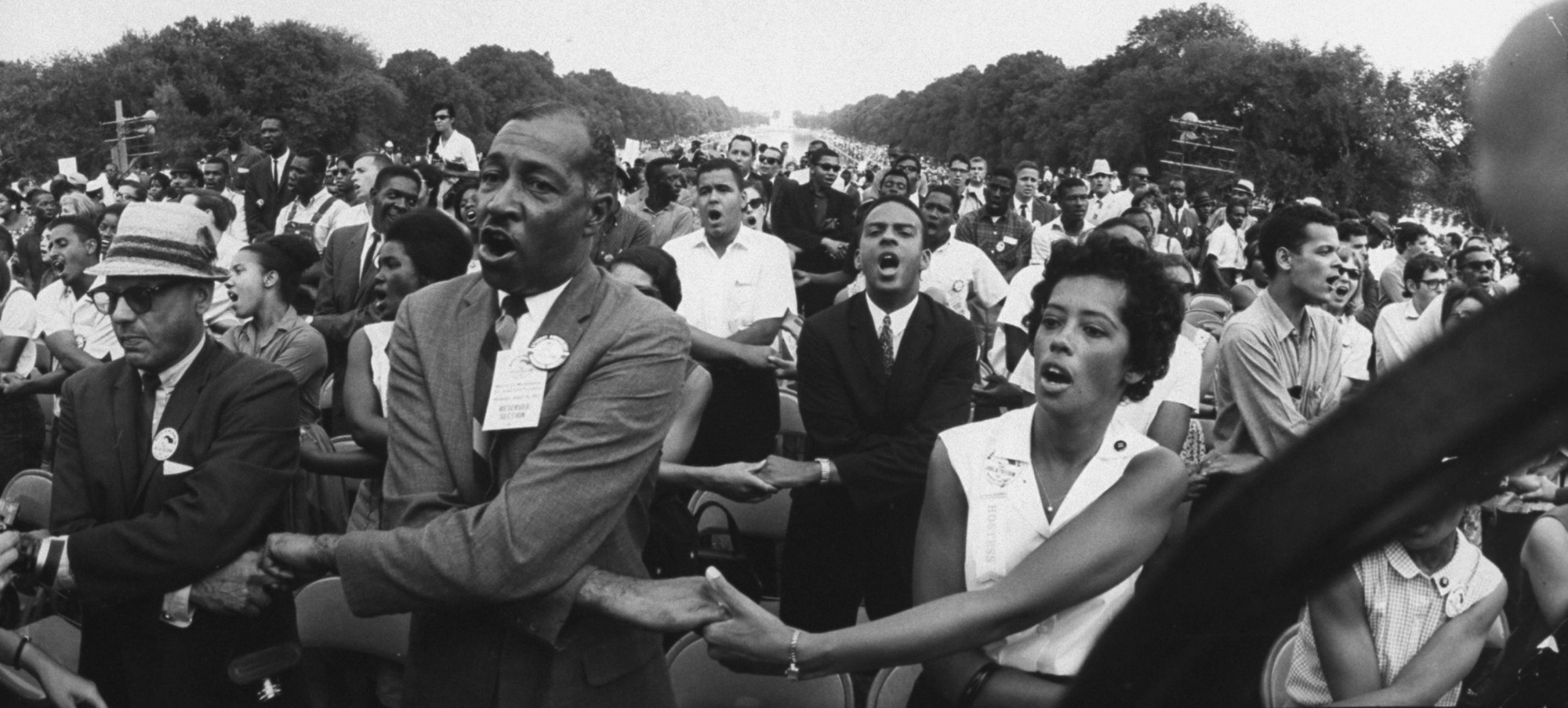Maggie Anderson tells the story of her family’s pledge to buy black for an entire year in Our Black Year: One Family’s Quest to Buy Black in America’s Racially Divided Economy. [See links to media coverage of the book here.]
The Andersons’ endeavor evolved into The Empowerment Experiment, which “converts our family’s pledge into a positive awareness campaign about the need for strategic entrepreneurship and conscious consumerism in and to benefit the Black community.”
Ms. Anderson provides an excerpt from the book in Black Enterprise (July 2012): How To Buy Black (“14 strategies for conducting your own empowerment experiment”).
The Andersons’ charitable foundation, the Empowerment Experiment Foundation is “dedicated to studying and facilitating economic development in underserved minority communities via self-help economics… [and] …wholly focused on researching and promoting increased minority entrepreneurship and concentrated spending on minority-owned and minority-produced goods and services.”
……………………………………………………………………………………………………………………………..
Lawrence M. Watkins “noticed a great sense of frustration on behalf of consumers about black businesses” in the Facebook comments reacting to his TheGrio’s Guide to Buying Black Online, Harnessing Black Buying Power to Empower Our Community. This prompted him to pen a follow-up article, 4 Half-truths About Black-owned Businesses — and Why You Should Still Buy Black. He observes:
“Many commenters said that they will never shop at a black-owned store until these firms make their prices lower, improve customer service, and start selling things that they like to buy. Although these criticisms are certainly valid for many black-owned businesses, African-Americans are stuck in a chicken or egg scenario. We refuse to spend our money with slightly-to-moderately inferior black businesses, because they are not on-par with the competition, but the only way for them to improve is through practice and financial support from their base to keep them in business in the long term. I fall into this trap just as much as anyone else in our community…”
Mr. Watkins offers insightful responses to what he believes are the “four most popular complaints” about black-owned businesses:
- “Customer service is terrible with black-owned businesses.”
- “The prices of black-owned businesses are higher than at other firms.”
- “Encouraging people to buy black is racist. We need to encourage people to buy American.”
- “There aren’t any black products that I really want to buy.”
For more on “buying black,” visit BlackProgress.com’s Buying Black: On Supporting Black Businesses.
